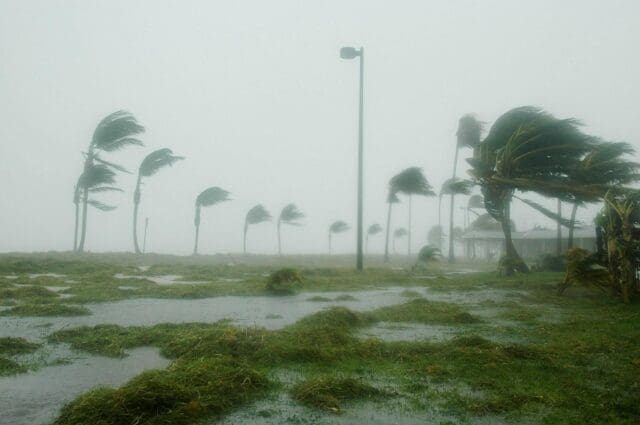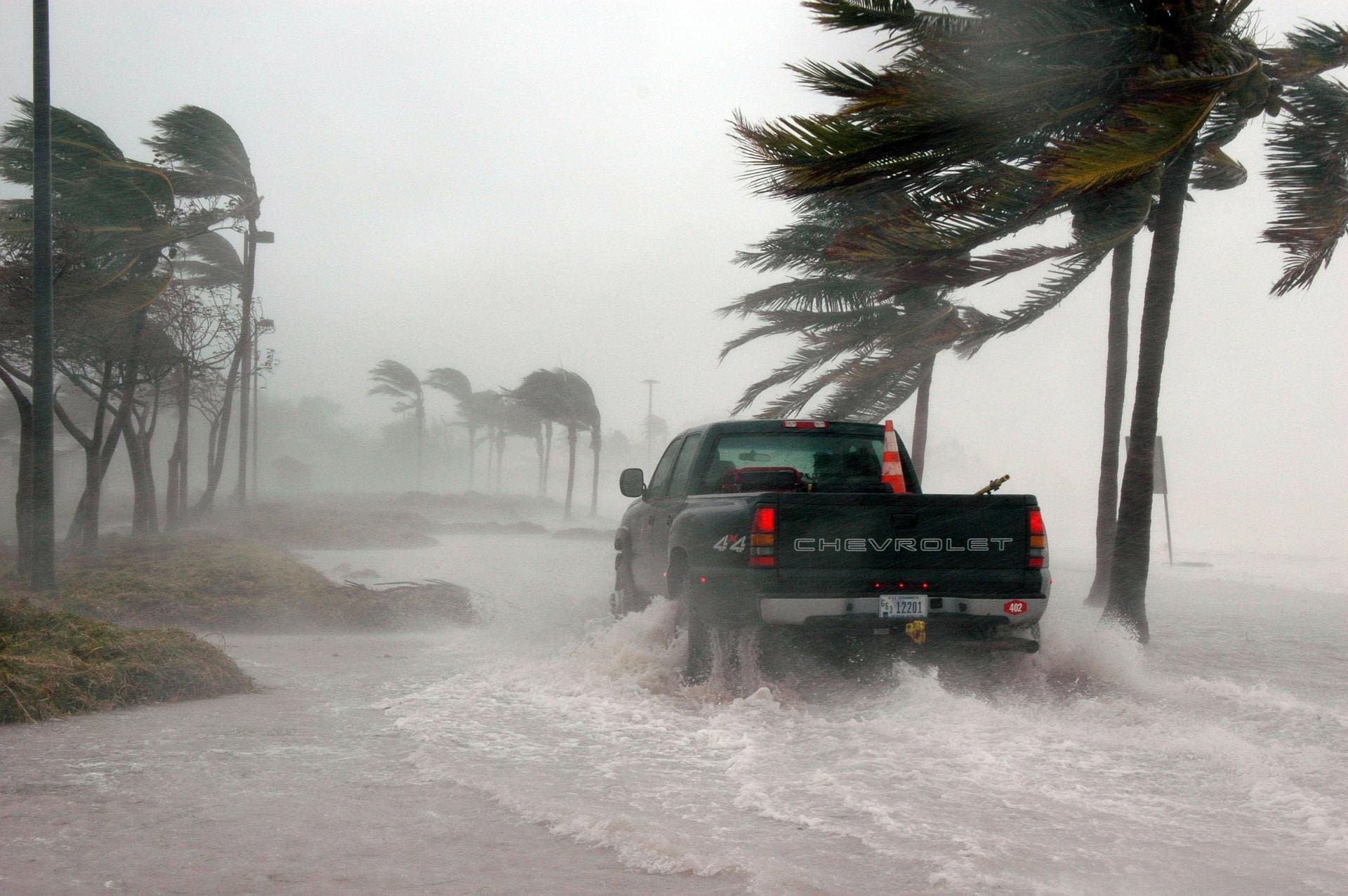

Summer is usually associated with baseball, cold drinks, and backyard barbecues. However, on the East Coast, in summer, there is one more thing the season is known for – major storms. Hurricanes, heavy downpours, and tornadoes can all result in damage – from flooding to fallen trees, destroyed houses, and obstructed power lines. For this reason, homeowners on the East Coast must plan for Hurricane Preparedness preparation for the severe and erratic weather patterns.
With the summer and storm season right around the corner, here are several tips to stay prepared.
East Coast Living and Hurricane Preparedness
The East Coast, also known as the Eastern Seaboard, comprises the coastal states and area east of the Appalachian Mountains that lie on the shores of the Atlantic Ocean, including Maine, Rhode Island, Virginia, South Carolina, and Florida.
A beautiful place to call home, thanks to its diverse population, multiple cultures, gorgeous nature, and convenient amenities, the summers here can be terrible. The East Coast is susceptible to hurricanes in the Atlantic hurricane season that coincides with summers, running from June 1 through November 30. Some of the most significant storms that have affected the region include Florence, Henri, Sandy, Ida, Isaias, and Irene.
It Only Gets Warmer
Weather experts state that the most visible consequence of a warming world is the increasing frequency of extreme weather events. According to the National Climate Assessment, the number of heavy downpours and hurricanes has increased in the U.S.
Furthermore, the rising number of billion-dollar disasters shows the economic impact of extreme weather. The various weather disasters that are influenced by climate change are floods and tropical storms.
While scientists are unsure whether climate change will lead to an increase in the number of hurricanes, they are sure that the warmer ocean temperatures and higher sea levels will intensify their impacts. Stronger hurricanes will result in more expensive damages and deaths without action, making coastal and inland areas more resilient.

Preparing for Unpredictable Weather
If you live on the East Coast, it is best to stay prepared for the storm, specifically, summer storms that may be more extreme due to the season and the potential for superstorms to reach extreme levels.
Begin by coming up with a plan before the hurricane season each year. This includes:
- Write emergency phone numbers on sticky notes and pasting them on the refrigerator or near phones in your house.
- Programming the emergency numbers into your cell phone.
- Preparing an emergency supply kit.
- Have backup power
- Locating the nearest shelter and figuring out various routes to get there from your home.
- Pet owners should identify a pet-friendly shelter or hotel, friend, or relative who stays out of town and can look after their pets in case of an evacuation.
During and after a hurricane, you will need supplies to keep you and your family safe and healthy. Remember, the water and power supply might get cut off, your car could be damaged, and the roads might be blocked or flooded. So, it is best to stock up on essentials you might need. For instance, medicines, ready-to-eat food, water, power sources like flashlights and batteries, personal items, important documents, and a fire extinguisher.
At a Moment’s Notice
Lastly, always be ready for your next move. Make sure your car, family, and pets are ready before the storm hits. If you don’t own a car, make plans with your friends, family, or neighbors to get a ride if you need to evacuate. Remember to carry your emergency kit with you if you are leaving home. Also, cover up windows and doors, turn off the power, fill clean water containers with drinking water, and check your CO detector’s battery to prevent CO poisoning before leaving.
One thing you could do to keep your essential items safe in case of flooding due to heavy storms is to carry them over to your basement, which is waterproofed. If your basement isn’t waterproofed yet, you might want to do so before the hurricane season. Consult with a Raleigh basement waterproofing expert at the earliest.
Hurricane Preparedness: Stay Prepared
If you live on the East Coast, preparing for severe weather is always a smart idea. After you have planned everything and prepared your emergency kit, constantly keep an eye on the National Weather Service alerts on TV or radio and look them up online.
There are two alerts that you should look for specifically. A hurricane watch alert means hurricane conditions are possible in the indicated area. A hurricane warning alert is more serious and means hurricane-force winds are expected in the indicated area. So, watch for these alerts and make your next move wisely.



